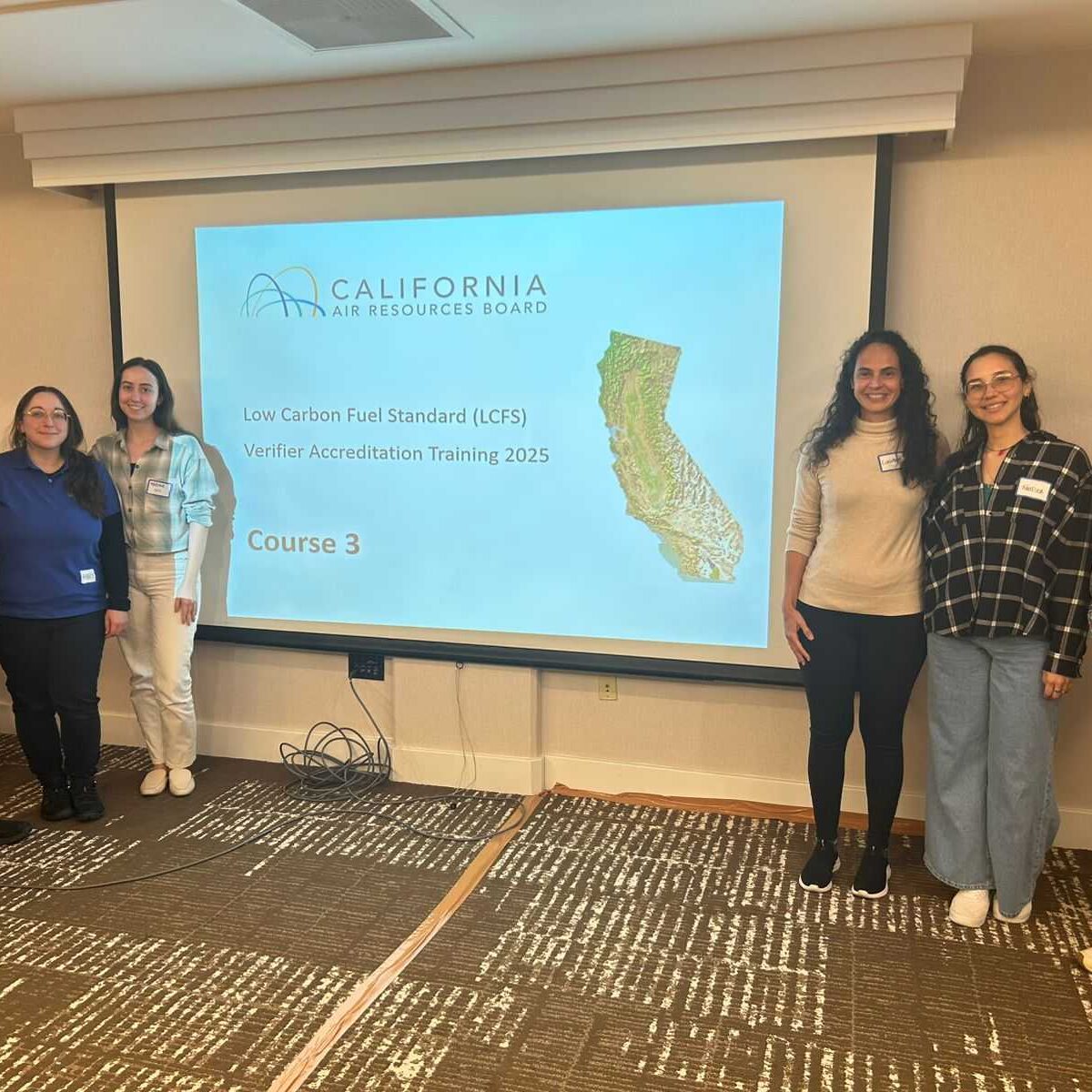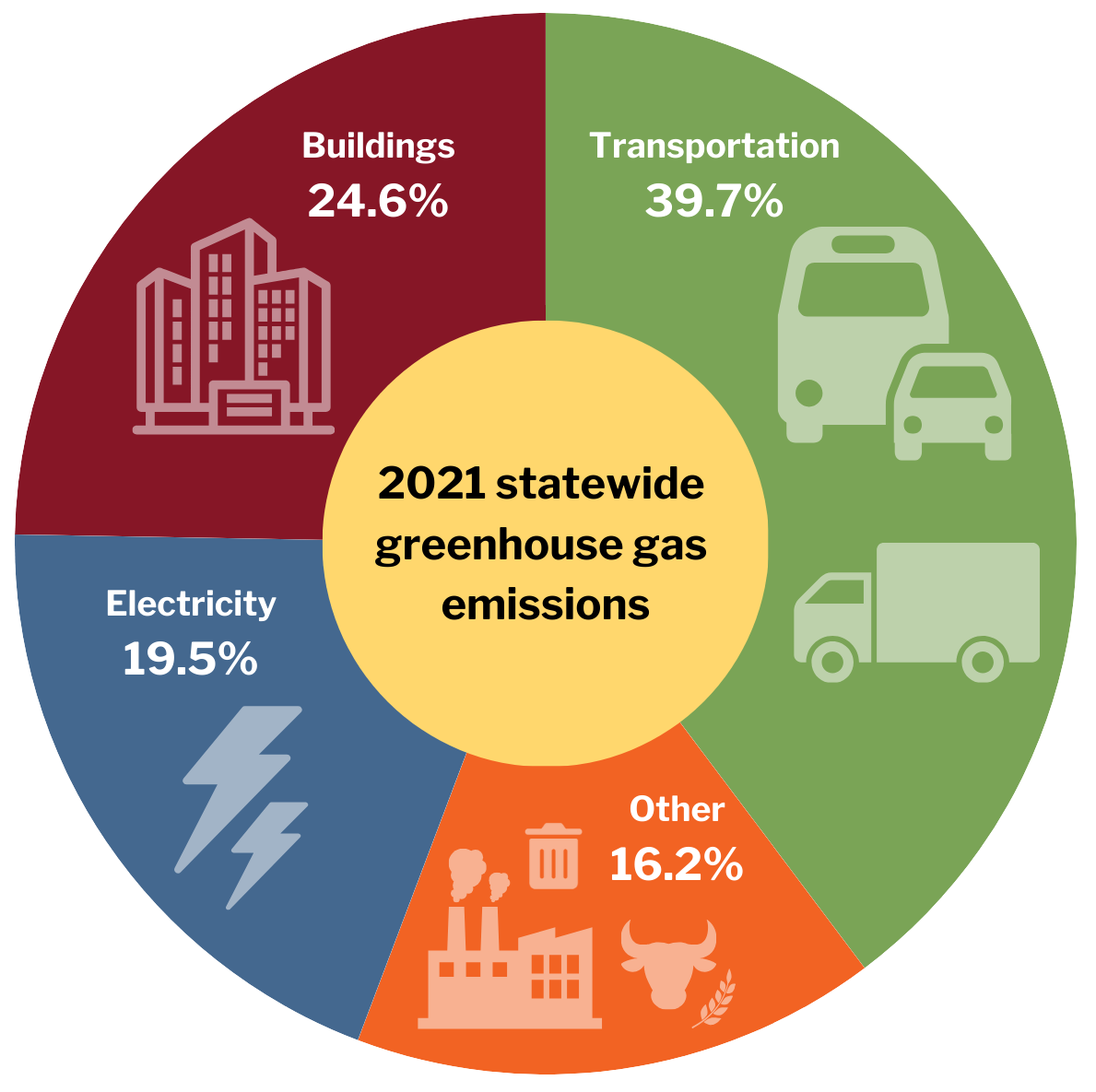CAPACITY DEVELOPMENT, GUIDANCE & TRAINING
Advancing Local & Regional GHG Reduction Efforts
City, state, and regional governments are accelerating their climate action by tracking emissions, setting reduction targets, and enacting policies. The Greenhouse Gas Management Institute (GHGMI) supports these efforts by partnering with subnational governments to strengthen greenhouse gas (GHG) measurement, reporting, and verification (MRV) systems through tailored guidance, training, and support for inventory development.





